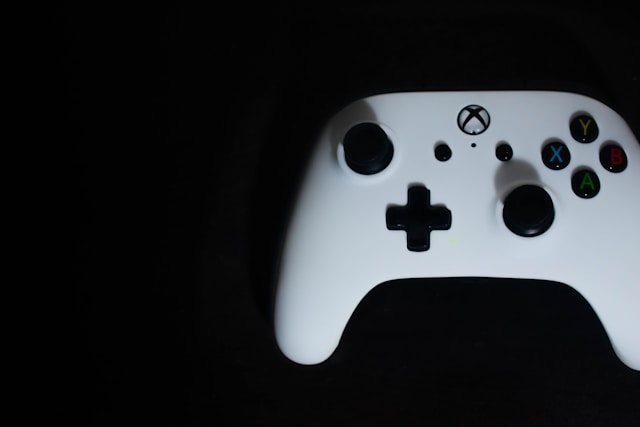
The Psychological Impacts of eSports: Understanding the Mind of a Gamer
As eSports continues to carve out a significant niche in the global sports arena, understanding the psychological impacts on its participants becomes increasingly important. This article delves into the mental aspects of competitive gaming, exploring both the positive benefits and the potential psychological challenges faced by professional gamers.
Cognitive Benefits of eSports
Competitive gaming is mentally stimulating and can enhance several cognitive functions. eSports athletes often display improved hand-eye coordination, enhanced problem-solving skills, and superior reaction times. These cognitive boosts are attributed to the intense and strategic nature of competitive gaming, which requires quick thinking and decision-making under pressure.
Stress and Pressure in Competitive Gaming
While eSports can offer cognitive benefits, the competitive environment also introduces significant stress and pressure. Professional gamers often endure long hours of training, and the high stakes of competition can lead to anxiety and stress. Managing these pressures is crucial for maintaining mental health and performance. Failure to do so can result in burnout, a common issue in the eSports community.
The Role of Team Dynamics
The psychological impact of team dynamics in eSports cannot be overstated. Positive team interactions can lead to increased motivation and better stress management, while negative relationships can exacerbate pressure and impact performance. Effective communication and strong interpersonal relationships are essential for a successful eSports team, mirroring the dynamics found in traditional sports.
Social Impact and Isolation
Despite the inherently social nature of many online games, the life of a professional gamer can be isolating. The necessity of spending extensive periods in training can limit interactions outside the gaming community, potentially leading to social isolation. Balancing gaming with social activities and ensuring regular, meaningful social interaction is vital for mental well-being.
Mental Resilience and Coping Strategies
Mental resilience is a critical trait for eSports athletes, enabling them to cope with the highs and lows of competitive play. Developing effective coping strategies, such as mindfulness, relaxation techniques, and psychological conditioning, can help gamers manage stress, improve performance, and maintain their mental health.
Future Directions in eSports Psychology
As the industry grows, so does the focus on the mental health of its participants. More teams are now incorporating psychologists and mental health professionals into their training regimes to address these issues proactively. These professionals help athletes develop mental resilience, manage stress, and optimize their psychological state for competition.
For further exploration of the psychological aspects of eSports and how they impact gamers, Indosultan88 provides in-depth analyses and discussions.
In conclusion, the psychological impacts of eSports are multifaceted, affecting cognitive functions, mental health, and social behaviors. As the industry continues to professionalize, the emphasis on mental health and psychological support will likely increase, highlighting the need for comprehensive mental wellness programs. Understanding and addressing these psychological aspects not only enhances performance but also ensures the well-being of the athletes at the heart of this competitive field.